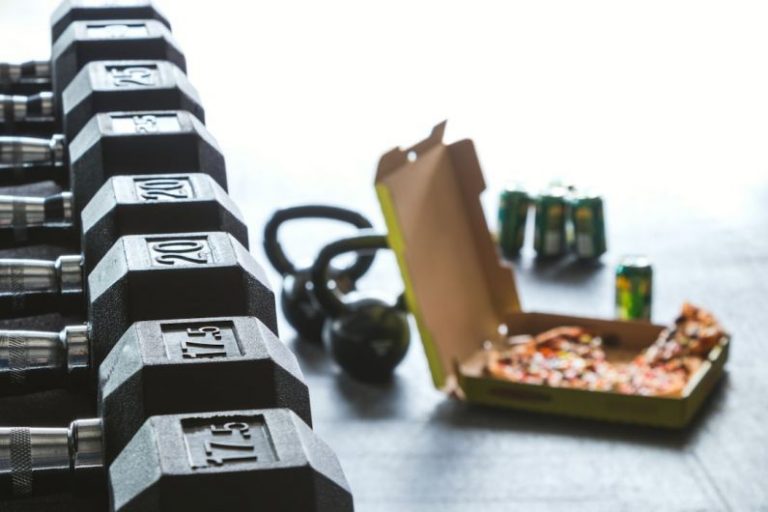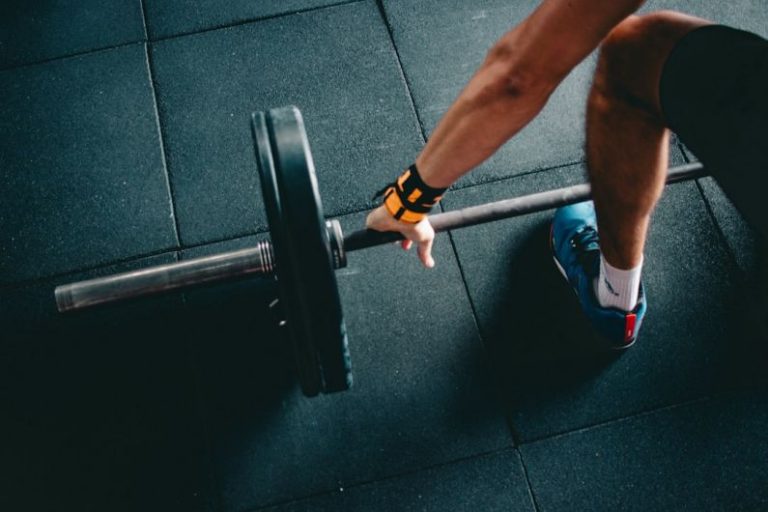The Impact of Sleep on Weight Loss
Getting enough sleep is crucial for overall health and well-being, but did you know that it also plays a significant role in weight loss? The impact of sleep on weight loss is often underestimated, yet research has shown that a lack of quality sleep can hinder your weight loss efforts. In this article, we will delve into the connection between sleep and weight loss and explore why prioritizing sleep is essential for achieving your weight loss goals.
The Link Between Sleep and Weight Gain
When it comes to weight loss, many people focus on diet and exercise while overlooking the importance of adequate sleep. However, research has shown that sleep deprivation can lead to weight gain and make it harder to lose weight. Several factors contribute to this link between sleep and weight gain.
One key factor is the impact of sleep on hunger hormones. Lack of sleep disrupts the balance of hormones that regulate hunger and appetite, leading to an increase in appetite and cravings for high-calorie foods. This can result in overeating and ultimately weight gain.
Additionally, sleep deprivation can affect your metabolism. When you don’t get enough sleep, your body’s ability to regulate blood sugar and insulin levels is compromised, which can lead to weight gain and an increased risk of developing conditions like diabetes.
The Connection Between Sleep and Exercise
In addition to its effects on hunger hormones and metabolism, sleep also plays a crucial role in exercise performance and recovery. Getting enough restful sleep is essential for optimal exercise performance, as it helps to replenish energy stores and repair muscle tissue. Without adequate sleep, you may find it harder to work out at your full potential, which can hinder your weight loss progress.
Furthermore, lack of sleep can impact your motivation to exercise. When you are tired and sleep-deprived, you are more likely to skip workouts and opt for sedentary activities instead. This can sabotage your weight loss efforts and make it harder to reach your fitness goals.
Strategies for Improving Sleep for Weight Loss
If you are struggling to get enough quality sleep, there are several strategies you can try to improve your sleep habits and support your weight loss journey. Here are some tips to help you get better sleep:
Create a bedtime routine: Establishing a consistent bedtime routine can signal to your body that it is time to wind down and prepare for sleep. Activities like reading, taking a warm bath, or practicing relaxation techniques can help you relax and improve the quality of your sleep.
Limit screen time before bed: The blue light emitted by electronic devices can disrupt your body’s natural sleep-wake cycle and make it harder to fall asleep. Try to limit screen time at least an hour before bedtime to promote better sleep.
Create a restful sleep environment: Make sure your bedroom is conducive to sleep by keeping it dark, quiet, and cool. Invest in a comfortable mattress and pillows to create a cozy sleep environment that promotes restful sleep.
Prioritize sleep: Make sleep a priority in your daily routine and aim for 7-9 hours of quality sleep each night. By prioritizing sleep, you can support your weight loss efforts and improve your overall health and well-being.
Incorporating these strategies into your daily routine can help you improve your sleep quality and support your weight loss goals. Remember that sleep is a crucial component of a healthy lifestyle, and prioritizing it can have a positive impact on your weight loss journey. By making sleep a priority, you can optimize your health, boost your energy levels, and achieve your weight loss goals more effectively.






